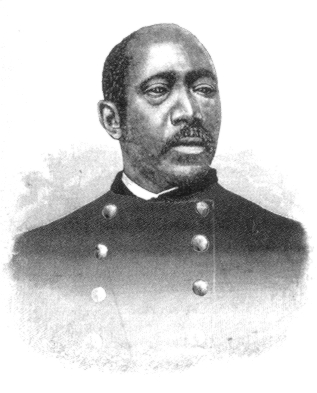Why Afrofuturism, Why Now?
(NeMLA 2017, March 23-26, Baltimore)
48th Annual Convention, Northeast Modern Language Association
March 23-26, 2017
Baltimore, Maryland
This session seeks papers that explore the temporal, geographical and aesthetic parameters of Afrofuturism. Within and beyond the academy, the speculative has emerged as central to black critical inquiry, creative expression, and theories of subjectivity and citizenship. In literature, visual and the performative arts, indeed in the global black cultural imaginary, the speculative is the discourse of our times. This panel asks “Why Afrofuturism, Why Now?” What is it about our contemporary moment that demands, solicits and activates the fantastic? Moreover, how do we understand the fantastic, futurist and speculative as modes of cultural production that trespass borders between high and low art, lived and imagined, theoretical and fictional, abstract and embodied, local and transnational?
Our panel proceeds from the premise that Afrofuturism is not solely a condition or expression of posthumanism, technological innovation or digitization but a re-visitation of late-nineteenth and early-twentieth century black sonic and textual cultures. While Mark Dery’s 1994 essay “Black to the Future” is widely viewed as consolidating an emergent expressive form, this “new” aesthetic reflects an enduring commitment to the speculative in black narrative and sonic expression from the nineteenth century onward. As ante- and postbellum works by Martin Delany, Pauline Hopkins, Sutton Griggs, and W.E.B. Du Bois show, making sense of the black present is inherently a futuristic endeavor. The papers in this panel will explore fictional, theoretical, sonic, performative, and visual expressions of futurity as constitutive of black thought and being.
Possible topics include, but are not limited to, black performativity, sound studies, black speculative fiction, literature of the black fantastic, black futurity in the visual, sonic and digital arts, black comic books, pulp fiction, and black critical theory.
Deadline for abstracts: September 30, 2016
Interested scholars should submit 250 word abstracts to Maleda Belilgne through the NeMLA website using the link below.

